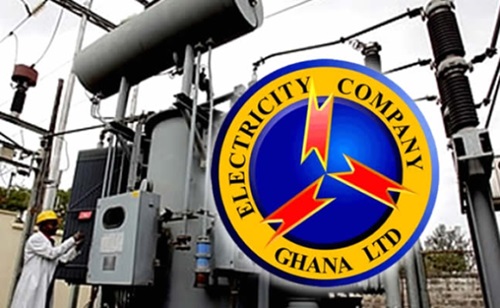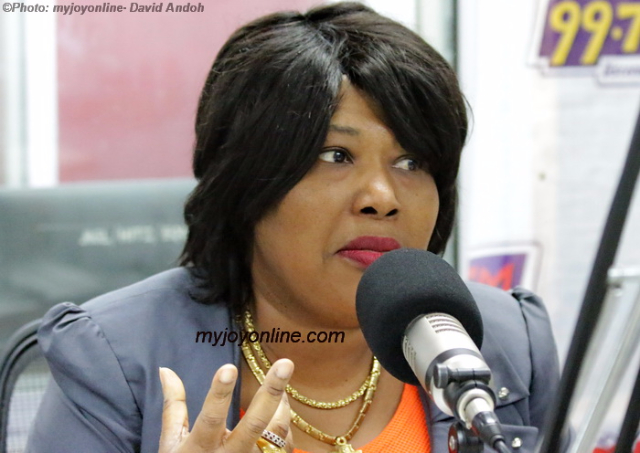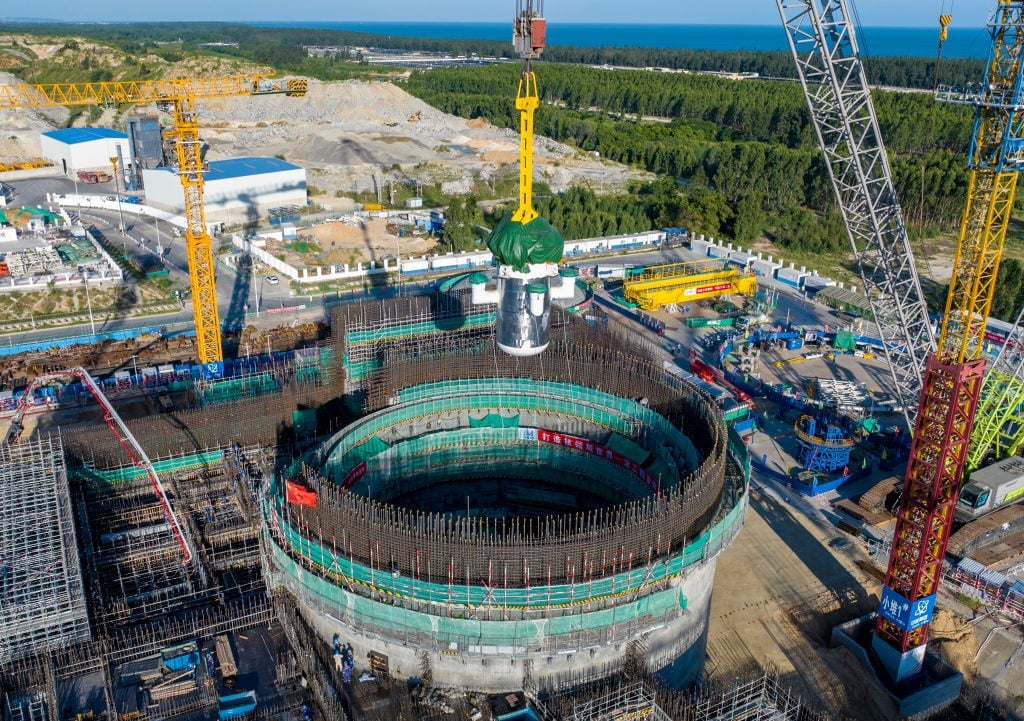- Biden's final UN speech seeks hope amid grim wars in the Middle East, Ukraine, Sudan
- 'Stop ripping us off': Novo Nordisk CEO faces Senate grilling over weight loss drug prices
- China launches probe into Calvin Klein parent over Xinjiang supply chain ‘disruptions’
- Commerzbank board member warns of significant job losses with a hostile UniCredit takeover
- Fed Governor Bowman explains dissent on rate vote, says she's worried about inflation
What do you believe is the single most important factor driving up the cost of living in Nigeria?

Powering Africa: New model compares options for off-grid solar in 43 countries
Sub-Saharan Africa, home to 80% of the global population without electricity access, is unlikely to reach the United Nations' goal of access to affordable, reliable, sustainable and modern energy for all by 2030.
The region is significantly behind the rest of the world. Globally, access to electricity increased from 79% of the population in 2000 to 90% in 2019. In sub-Saharan Africa, access to electricity rose from 26% to 47%, and most who don't have access live in rural areas, according to World Bank data.
The World Bank predicts that, based on current electricity connection and population growth trends, sub-Saharan Africa will have more than 400 million people unconnected to electricity by 2030.
A lack of access to reliable electricity has a significant negative impact on living standards. For example, it can limit the provision of quality public services such as health care, education and water. It also creates a barrier to access to digital services, holding back participation in an increasingly digital global economy.
Lack of access is not the only challenge for sub-Saharan African countries. Existing connections are unreliable too. About 43% of Africans had access to electricity that worked "most" or "all" of the time in 2022. Reliability issues are typically more common in rural areas.

- September 18, 2024
At least 226 killed in floods as Typhoon Yagi wreaks havoc in Myanmar



- September 20, 2024
US nuclear plant Three Mile Island to reopen, sell power to Microsoft

- September 23, 2024
Rescuers comb muddy riverbanks after floods kill six in Japan

- September 19, 2024
ECG privitisation: Who will put money in a failing organisation?

- September 23, 2024
The Biden administration is fighting smugglers of a potent greenhouse gas

- September 19, 2024
Czechs to develop small nuclear reactors with Rolls-Royce

- September 20, 2024
Investigating heat transfer for PEM fuel cell cooling channels

- September 24, 2024
Take a look inside a $1.1 million 'zero emissions' home


- September 19, 2024
Organic thermoelectric device can harvest energy at room temperature
Subscribe to our mailing list to get the new updates!

Subscribe our newsletter to stay updated
Thank you for subscribing!


